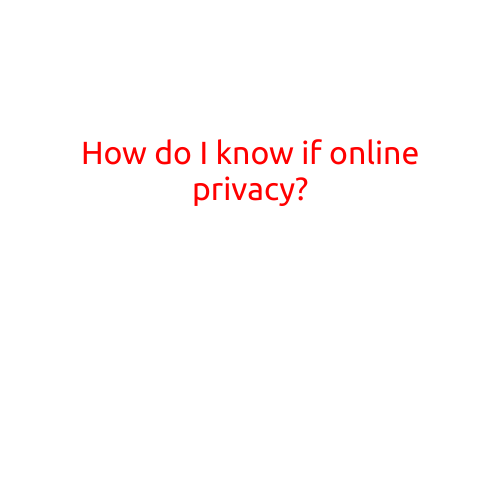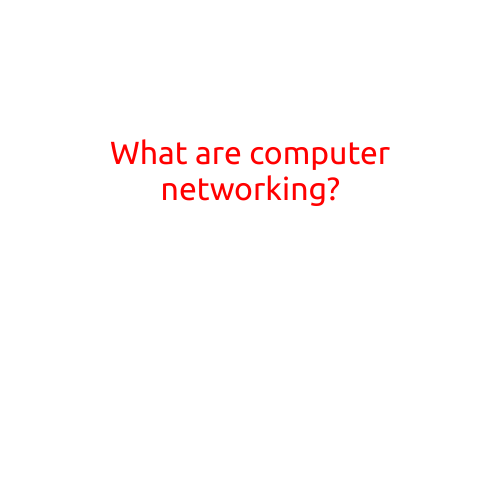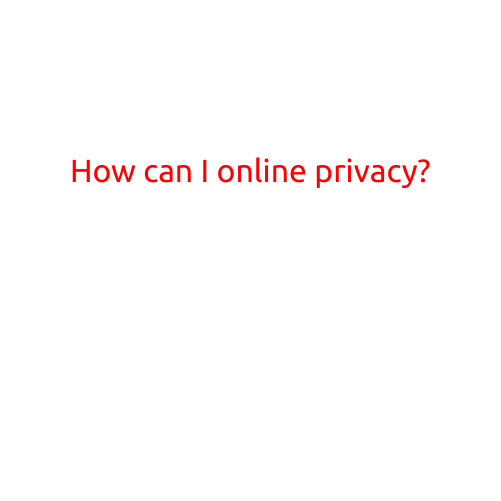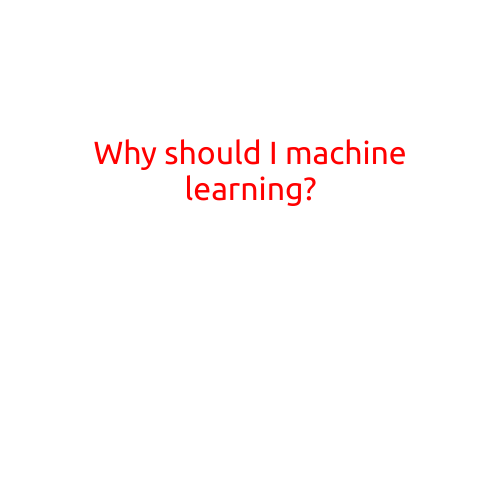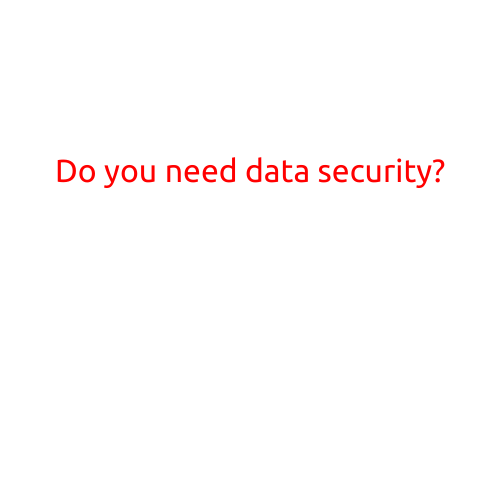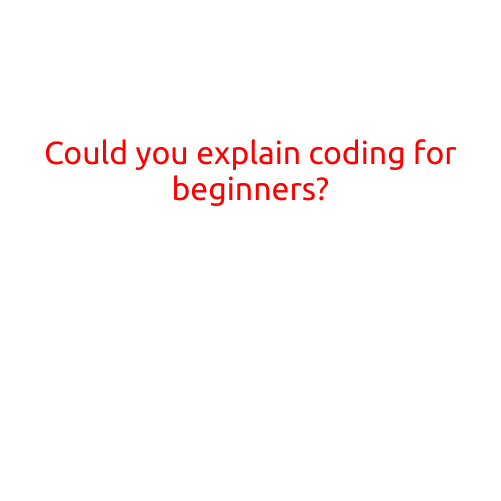
Could You Explain Coding for Beginners?
Are you interested in learning how to code but don’t know where to start? Coding, also known as computer programming, is the process of designing, writing, testing, and maintaining the source code of computer programs. This article will provide an introduction to coding for beginners, covering the basics, benefits, and steps to get started.
What is Coding?
Coding is the art of writing instructions that a computer can understand. These instructions, or code, are written in a programming language, such as Java, Python, or HTML. The code is then executed by the computer, allowing it to perform specific tasks, such as calculating math problems, manipulating data, or displaying information on a website.
Benefits of Coding
Learning to code can have numerous benefits, including:
- Career Opportunities: Coding is a highly sought-after skill, and having knowledge of programming languages can open up job opportunities in fields such as software development, data analysis, and cybersecurity.
- Problem-Solving Skills: Coding teaches you how to break down complex problems into smaller, manageable parts, and how to approach problems from different angles.
- Creativity: Coding allows you to create something from scratch, giving you a sense of accomplishment and creativity.
- Personal Projects: With coding, you can create personal projects, such as apps, games, or websites, that showcase your skills and interests.
Steps to Get Started with Coding
- Choose a Programming Language: With so many programming languages out there, it can be overwhelming to choose one. Popular languages for beginners include Python, JavaScript, and HTML/CSS.
- Find Resources: There are many resources available to help you learn to code, including online courses, tutorials, and coding communities.
- Practice: Practice is key to improving your coding skills. Start with simple exercises and projects, and gradually work your way up to more complex tasks.
- Join a Community: Joining a coding community or online forum can be a great way to connect with other coders, get feedback on your code, and learn from others.
- Be Patient: Coding takes time and practice to master. Don’t get discouraged if you encounter errors or struggle to understand a concept.
Popular Resources for Learning to Code
- Codecademy: An online platform that offers interactive coding lessons in a variety of programming languages.
- FreeCodeCamp: A non-profit organization that offers a comprehensive curriculum in web development, including HTML/CSS, JavaScript, and React.
- Udemy: An online learning platform that offers courses on a wide range of topics, including coding.
- W3Schools: A website that provides tutorials, examples, and reference materials for web development.
- GitHub: A platform that allows coders to share their code with others and collaborate on projects.
Conclusion
Learning to code can be a rewarding and challenging journey. By following these steps and using the resources available, you can start your coding journey and develop skills that can benefit you for years to come. Remember to be patient, persistent, and always keep practicing.
